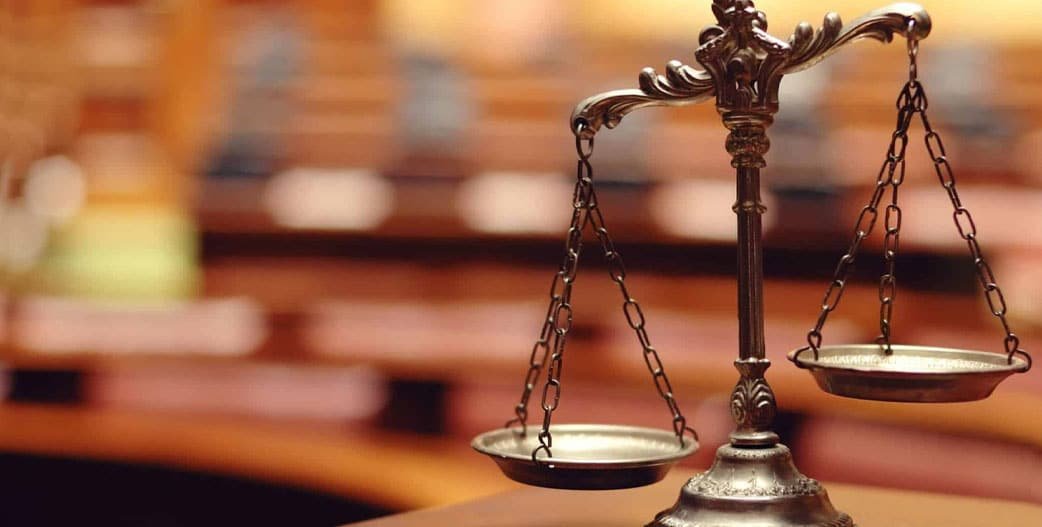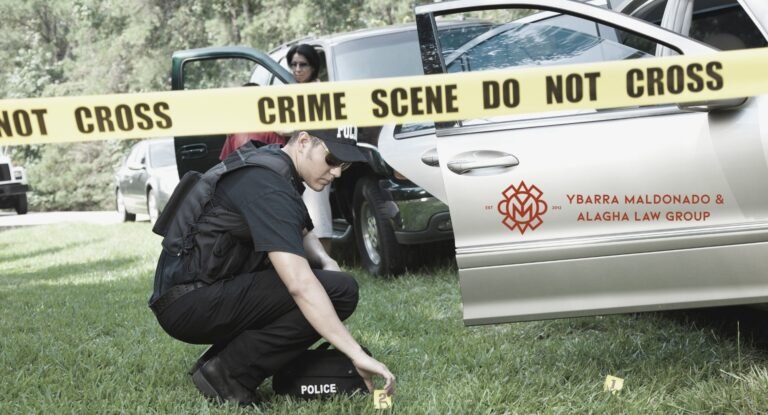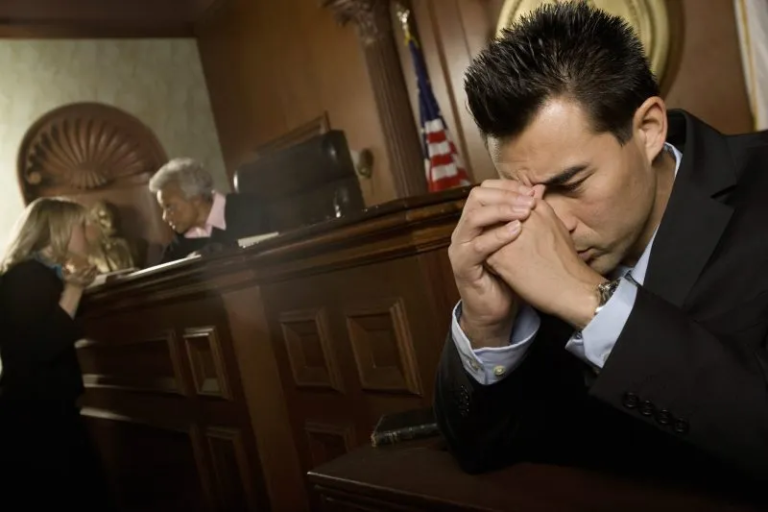Sexual assault allegations are among the most serious and complex criminal charges a person can face in Georgia. The outcome of such cases often hinges on the quality and handling of evidence. Understanding the role evidence plays in defending against sexual assault charges is crucial for those who find themselves accused or seeking to protect their rights. Whether navigating the early stages of an investigation or preparing for trial, working with the best criminal defense attorney in Cumming GA can make a significant difference. This article provides an in-depth look at the types of evidence commonly involved in sexual assault cases, how that evidence is evaluated in court, and why expert legal guidance is essential for a fair defense.
The Importance of Legal Representation

If you’re facing sexual assault charges or under investigation, it’s important to act quickly. An experienced and compassionate legal professional can provide guidance tailored to your specific circumstances. The right approach will prioritize your rights, your story, and your future.
📍 Office Address: 2100 Westshore Drive, Suite 119, Cumming, Georgia 30041
📞 Call Today: (470) 505-9791
📧 Email: jennifer@lawofficeofjenniferscalia.com
Early legal intervention can make a critical difference reach out today to start building your defense with confidence and clarity.
Why Evidence Matters in Sexual Assault Cases
Sexual assault cases often lack clear witnesses, making physical and testimonial evidence vital. Because of the sensitive nature of these allegations, sex offense in Georgia cases rely heavily on the evidence presented to establish facts and determine credibility.
The prosecution must prove beyond a reasonable doubt that the accused committed the offense. Without strong, admissible evidence, the chances of conviction decrease significantly.
Types of Evidence Used in Sexual Assault Cases
1. Physical Evidence
Physical evidence can include DNA samples, injuries documented by medical professionals, clothing fibers, and other forensic materials collected during the investigation. Such evidence can either link a suspect to the alleged crime or support their claim of innocence.
Forensic analysis requires strict adherence to collection and preservation protocols. Any mishandling can render physical evidence inadmissible or unreliable.
2. Testimonial Evidence
Witness testimony, including that of the alleged victim, bystanders, or other involved parties, plays a significant role. However, testimonial evidence can be subjective and sometimes contradictory.
Defense strategies often focus on cross-examining witnesses to challenge inconsistencies or highlight potential biases.
3. Digital Evidence
Texts, emails, social media messages, and surveillance footage can provide crucial context or alibis. Digital evidence must be carefully authenticated and preserved to be accepted by the court.
4. Character Evidence
While less direct, character references or evidence of past behavior can sometimes influence the case, especially when the defense can demonstrate a history of false accusations or questionable credibility.
The Importance of Evidence Integrity and Chain of Custody
For evidence to be effective in court, it must maintain a clear chain of custody a documented trail showing how evidence was collected, handled, and stored. Any break in this chain can lead to questions about the evidence’s authenticity or tampering, which can weaken the prosecution’s case.
Experienced criminal defense lawyers carefully scrutinize the chain of custody and challenge any procedural errors that may have occurred.
How a Criminal Defense Lawyer Uses Evidence to Build a Defense
A skilled defense lawyer understands how to evaluate all available evidence and identify weaknesses or inconsistencies. This includes:
- Investigating alternative explanations: The lawyer may gather evidence that supports an alternative narrative, such as consensual contact or mistaken identity.
- Challenging evidence admissibility: Defense attorneys often file motions to exclude improperly obtained or unreliable evidence.
- Presenting expert witnesses: Forensic experts can testify about the accuracy or limitations of physical evidence.
- Highlighting reasonable doubt: By questioning the strength and reliability of evidence, lawyers can persuade juries or judges that the prosecution has not met its burden of proof.
Why Early Legal Assistance Is Crucial
The collection and preservation of evidence happen early in the criminal process. Delays or mistakes in obtaining legal counsel can result in missed opportunities to challenge faulty evidence or gather crucial information.
Early involvement of an experienced criminal defense lawyer can:
- Ensure that your rights are protected during police questioning and searches.
- Oversee proper evidence handling.
- Develop a strategic defense tailored to the specifics of the case.
Common Challenges in Sexual Assault Defense Cases
Sexual assault cases often involve emotional testimony and complex forensic details. Defending against such charges requires:
- Sensitivity to the seriousness of the allegations.
- A deep understanding of forensic science and criminal procedure.
- The ability to navigate public perception and jury biases.
By focusing on the facts and the evidence, defense lawyers work to ensure that justice is served based on truth, not assumptions.
📍 Office Address: 2100 Westshore Drive, Suite 119, Cumming, Georgia 30041
📞 Call Today: (470) 505-9791
📧 Email: jennifer@lawofficeofjenniferscalia.com
Frequently Asked Questions (FAQs)
Q1: What types of evidence are most important in sexual assault cases?
Physical evidence like DNA and medical reports, testimonial evidence from witnesses, and digital communications are all crucial. Each case varies, so the importance depends on the specific circumstances.
Q2: Can evidence be excluded from court?
Yes, evidence obtained illegally, mishandled, or lacking proper chain of custody can be excluded, which may significantly impact the prosecution’s case.
Q3: How can a defense lawyer help with evidence issues?
A defense lawyer can investigate the evidence, challenge its admissibility, gather supportive evidence, and hire experts to analyze forensic data.
Evidence plays a pivotal role in the outcome of sexual assault cases. Whether it supports the prosecution or the defense, the integrity, handling, and interpretation of evidence directly affect the course of justice.
If you or someone you know is facing sexual assault allegations, understanding the complexities of evidence and obtaining knowledgeable legal support early can make all the difference in building a strong defense and protecting your rights.




